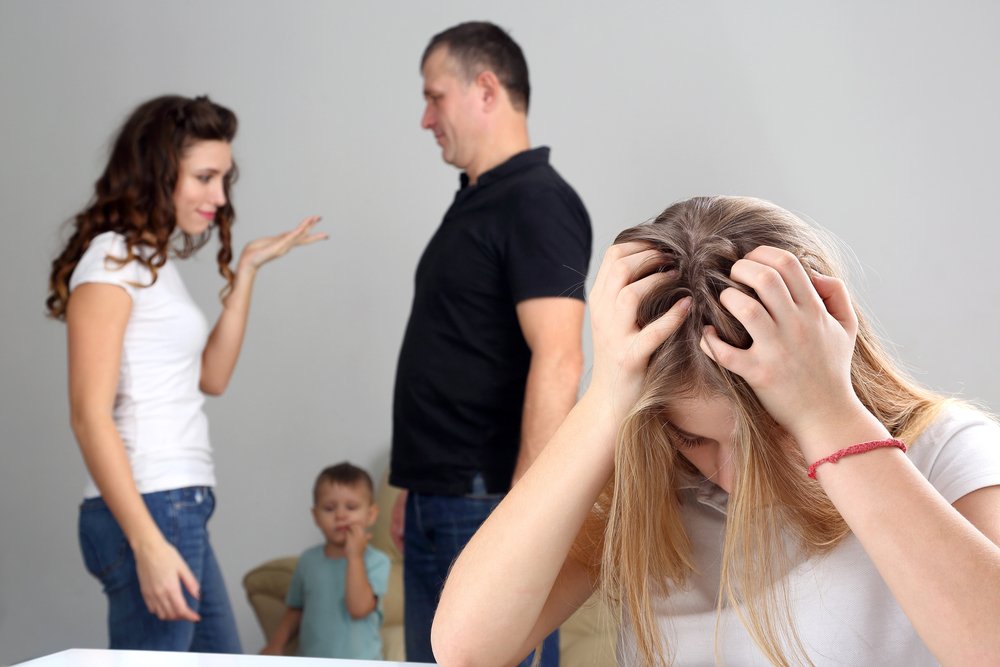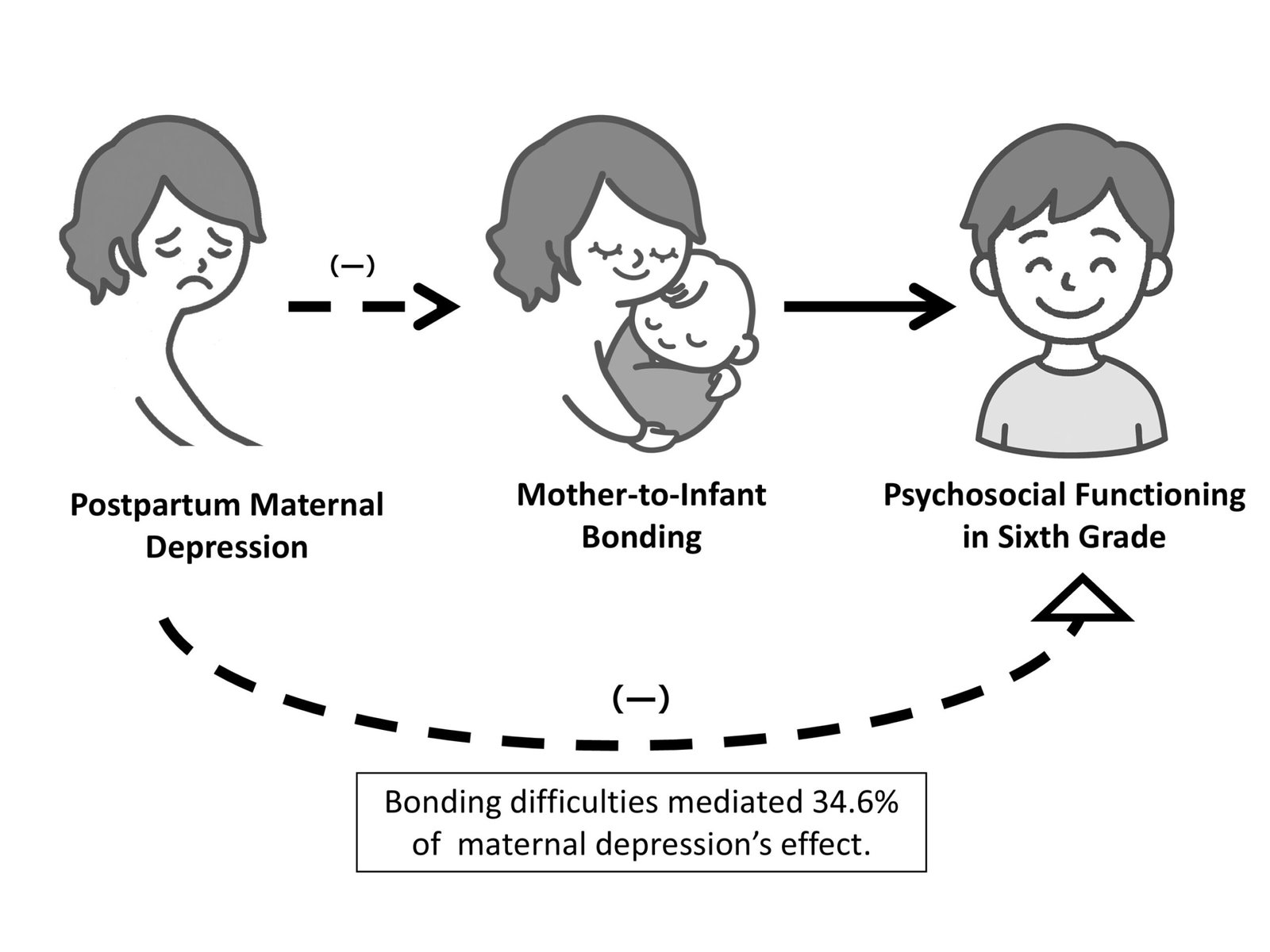A recent survey by the Pew Research Center highlights a growing concern among parents regarding the mental health of their teenage children, particularly in relation to social media use. Conducted from September 18 to October 10, 2024, the study involved 1,391 U.S. teens aged 13 to 17 and their parents.
The findings reveal that while 55% of parents express being extremely or very concerned about teen mental health, only 35% of teens share the same level of worry. Moreover, 23% of teens report being not too or not at all worried about the state of their mental health, compared to just 11% of parents.
Social media’s impact is a central theme in these concerns. Approximately 45% of teens believe they spend too much time on these platforms, a significant increase from 36% in 2022. Around 48% of teens view social media as having a mostly negative effect on their peers, a rise from 32% two years earlier. However, only 14% believe it negatively impacts their own mental health.
The survey also indicates that teen girls are more likely to report negative effects from social media. About 25% of girls state that social media harms their mental health, in contrast to 14% of boys. Additionally, 50% of girls say social media affects their sleep, compared to 40% of boys.
Despite these concerns, many teens recognize social media as a positive outlet. Seventy-four percent feel more connected to friends through these platforms, and 63% appreciate the space it provides for creative expression.
When discussing mental health, parents show a greater comfort level than teens. Eighty percent of parents feel extremely or very comfortable discussing mental health with their children, whereas only 52% of teens feel similarly. Gender differences also emerge, with 42% of teen girls reporting high concern about mental health compared to 28% of boys. Among parents, mothers (61%) express more concern than fathers (47%).
Racial and ethnic differences also influence perspectives on mental health. Seventy percent of Black parents are extremely or very worried about teen mental health, compared to 55% of White parents and 52% of Hispanic parents. Half of Black teens report high concern, in contrast to 39% of Hispanic teens and 31% of White teens.
When asked about the factors negatively affecting teen mental health, 44% of concerned parents cite social media, while teens identify a broader range of influences, including bullying and social pressures. Twenty-two percent of teens see social media as the main concern, while 17% mention bullying.
Communication about mental health remains crucial. The National Institute of Mental Health emphasizes the importance of open conversations, yet many teens hesitate to discuss their mental health. While about half of teens feel comfortable talking with their parents, comfort levels drop significantly when it comes to discussing mental health with teachers, with only 12% indicating they would feel very comfortable.
Interestingly, some teens are turning to social media for mental health information. Thirty-four percent of teens report occasionally seeking mental health content on these platforms, with 63% of those considering it an important resource.
Overall, this survey underscores a disconnect between parental concerns and teen perceptions regarding mental health, especially in the context of social media. As worries about teen mental health rise, understanding these perceptions is vital for fostering supportive environments for both teens and their families.



